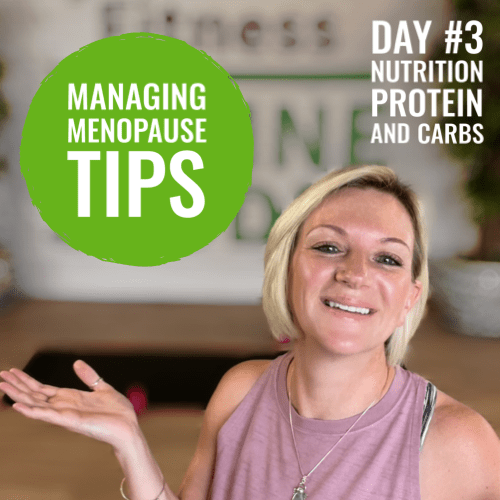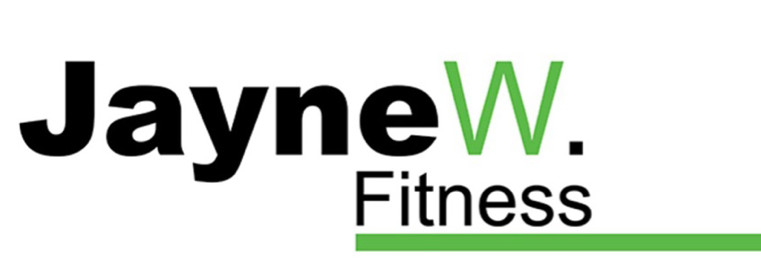
Menopause can lead to a number of changes in the body, including:
- Decreased muscle mass
- Increased body fat
- Changes in hormone levels
- Insulin resistance
Decreased muscle mass can be counteracted with great nutrition and exercise and I’ll cover this in more detail later in the week.
Changes in hormone levels can be addressed with HRT, Supplements and nutrition.
Increased body fat can be managed with great nutrition and exercise and so can Insulin resistance.
I’m certainly not going to paint out carbohydrates to be ‘bad guys’ however when it comes to controlling weight gain, hot flushes, fatigue, and many other symptoms not all carbohydrates are equal and some of you many need to rethink the amount and type of carbohydrates you consume as part of you current diet. When reading on think of carbohydrate as a type of sugar/glucose.
Insulin resistance is a condition in which the body’s cells become less sensitive to the hormone insulin. Insulin is responsible for helping cells absorb glucose from the bloodstream. When cells become resistant to insulin, glucose levels in the blood can rise, your body becomes less effective at metabolising glucose which can result in weight gain (particularly around the midsection).
Simple Carbs such as white bread, pasta, processed food, sugary drinks, sweets, cakes & alcohol can exacerbate menopause symptoms and insulin resistance.
Aim to make better Carbohydrate choices such as whole grains, oats, brown pasta, rice, plenty of fruit & vegetables, legumes – beans, lentils, peas & low sugar soft drinks.
Review your diet and make sure you have a good ratio of carbohydrate to protein in you diet, a very rough guide would be 40% carbs – 30% protein (this will vary from depending on many factors such as muscle mass, activity levels etc).
Having an adequate amount of protein in your diet can help to reduce insulin resistance and improve blood sugar control. It also helps to build and maintain muscle mass, which is important for metabolism, bone health, and overall strength.
Protein rich meals will make you feel fuller, reduce hunger and avoid cravings & sugar spikes.
- Include a source of protein at every meal and snack.
- Choose lean protein sources, such as chicken, fish, beans, tofu, and lentils.
- Limit processed meats, such as bacon, sausage, etc
- Add protein powder to smoothies or yogurt.
How to reduce carbohydrates and insulin resistance:
- Limit processed foods, such as white bread, pasta, and sugary drinks.
- Choose whole grains over refined grains.
- Eat plenty of fruits and vegetables.
- Pair carbohydrates with protein and healthy fats.
Here are some examples of protein-rich, low-carbohydrate meals and snacks:
- Breakfast: Omelet with vegetables and cheese
- Lunch: Salad with grilled chicken or fish
- Dinner: Salmon with roasted vegetables
- Snacks: Hard-boiled eggs, nuts, yogurt with berries
Following a diet that is high in protein and low in carbohydrates can help to improve insulin resistance, reduce the risk of chronic diseases, and support overall health during menopause.
Please note: This is just a general overview. It is important to talk to your doctor or a registered dietitian to create a personalised diet plan that is right for you.
Give me a like or thumbs up if this has helped you today.
Jayne xxxx
#menopause #menopausefitness #menopausediet #midsectionweightgain #getfitwithjayne #fitnesstips #menopausetips
